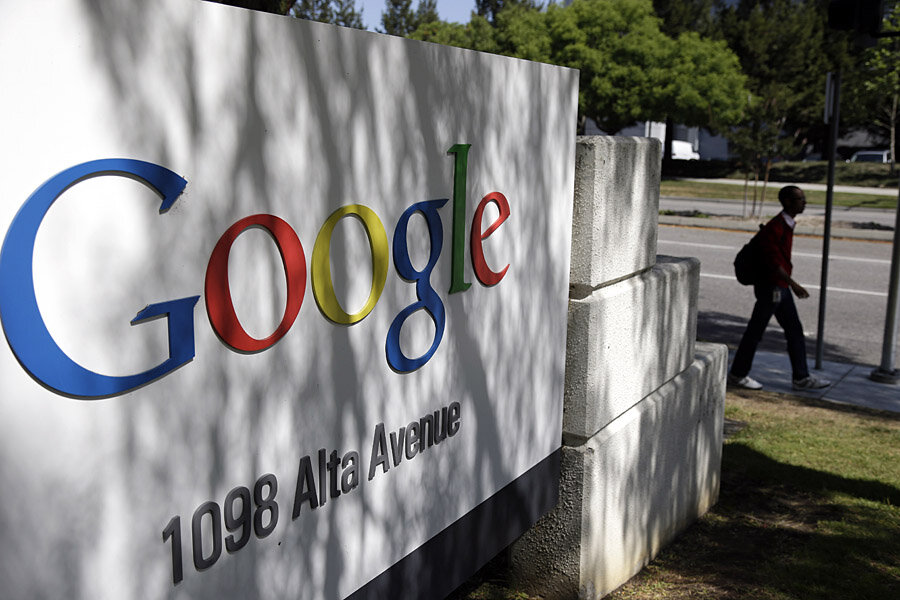Google faces roadblocks in implementing 'right to be forgotten'
Google is having trouble forgetting.
In a letter Thursday to European Union privacy regulators, Google outlined the difficulty it has faced in implementing the so-called right to be forgotten, the May ruling that says individuals have the right to petition search engines to have certain unsavory search results be made invisible to searchers. That ruling, however, requires that Google weigh individuals' desire for privacy against whether that person's information should remain available due to a public interest.
Google began removing search results last month. But it turns out that removing individuals search results is a bit easier said than done.
Thursday's letter responds to questions of European regulators asking Google to describe how it goes about removing search results. Google's response illustrates the ambiguous territory in which Google is wading when it comes to playing the arbiter of whose search results stay and whose don't.
"Some requests turn out to have been made with false and inaccurate information," Google says in the letter. "We generally have to rely on the requester for information, without assurance beyond the requester’s own assertions as to its accuracy."
In a pointed example of the difficulty Google has faced in sticking to the letter of the EU ruling, when asked about the legal basis Google has for alerting website publishers when their search results have been removed (due to an individual request for removal), Google countered, arguing it has the right to ensure transparency in its removal process.
"We do not think that this notice requires a justification under data protection law. We are simply notifying the webmaster about a partial removal of search results for a specific URL on his/her domain," the letter states.
In a statement, Google said it has already received more than 90,000 requests for removal as of July 18 since it began enacting the ruling. To date, 53 percent of requests have been approved, while 15 percent of cases have required more information and 32 percent of submissions have been rejected, according to The New York Times.
"We know it will change over time as data protection authorities and courts issue guidance and as we all learn through experience," writes Peter Fleischer, Google global privacy counsel, in the letter to regulators. "We also know some tough debates lie ahead. We think it is important to have those debates openly and respectfully."
Google's removal policies came under fire earlier this month when it removed several articles from the prominent British news organizations The Guardian and the BBC, prompting questions of whether a private company such as Google should get to determine what stays and what doesn't in what essentially amounts to the public record.







